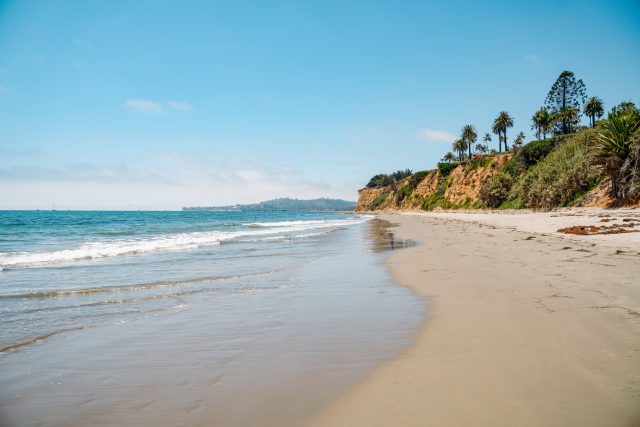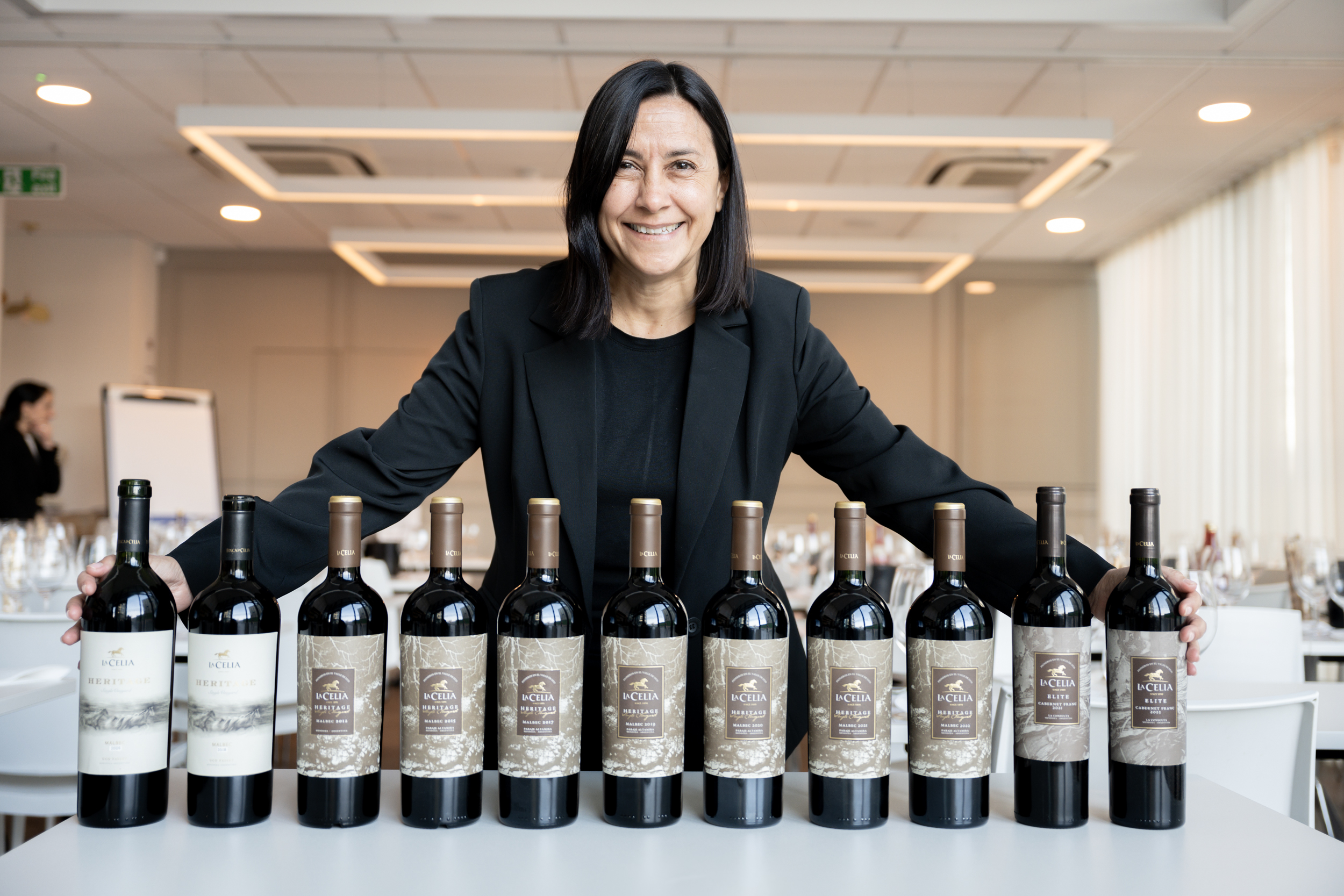California winery has illegal ocean-bed bottles seized
By James EvisonBottles have been seized from a Californian winemaker that was fermenting the wine in the ocean illegally, according to the local district attorney’s office.

The district attorney for Santa Barbara, John Savrnoch said that approximately 2,000 bottles of wine and other alcohol from Ocean Fathoms had been disposed of.
Two partners in the business, Emanuele Azzaretto – a diver – and Todd Hahn – a former talent agent – originally entered a plea deal in July, which included the destruction of the bottles that it was estimated to be worth several hundred thousand dollars. The pair also have to pay US$50,000 to a former investor.
The concept of underwater ageing of wine was created by the company due to the optimal temperatures off the Santa Barbara coast, with perpetual pulsation from currents keeping the bottles in continual motion to reduce sedimentation. Ocean Fathoms had been planning to do a number of drops per year, and had large-scale Champagne brands interested in collaborating with them.
Ocean Fathoms began sinking crates of wine just off the coast in 2017, according to the district attorney’s office, and neglected to obtain the required permits from the California Coastal Commission or the U.S. Army Corps of Engineers to sink their crates in the seafloor.
Partner Content
A year later, the company removed the bottles and sold them for as much as US$500 each, after a reef ecosystem had developed on the crates and bottles, Savrnoch said.

According to the Federal Food and Drug Administration (FDA) the wine was “adulterated, and not fit for human consumption, because it was submerged in the ocean and potentially contaminated”, with the wine sold without federal approved labelling, an alcohol sales permit or valid business license. Additionally, it was collecting sales taxes from customers which weren’t then paid to the State of California. Buyers were also told that a portion of the company’s profits were due to be donated to a local environmental charity, but no evidence was discovered that this took place, the district attorney’s office said.
Savrnoch said: “This case involved individuals who operated with complete disregard for our consumer and environmental laws. The California Coastal Commission referred the case to our Consumer and Environmental Protection Unit and, because of the broad scope of violations, we investigated with the help of five state and local agencies.
“The case highlights the importance of our office’s relationship with outside agencies and it demonstrates our commitment to holding companies and individuals accountable for violating all types of consumer and environmental laws.”
Related news
The winemaking nations hit hardest by Trump tariffs
Hospices de Nuits-Saint-Georges auction: bucking the trend
‘Liberation Day’ or liquor lockdown? Trump’s tariffs rattle the wine & spirits world




